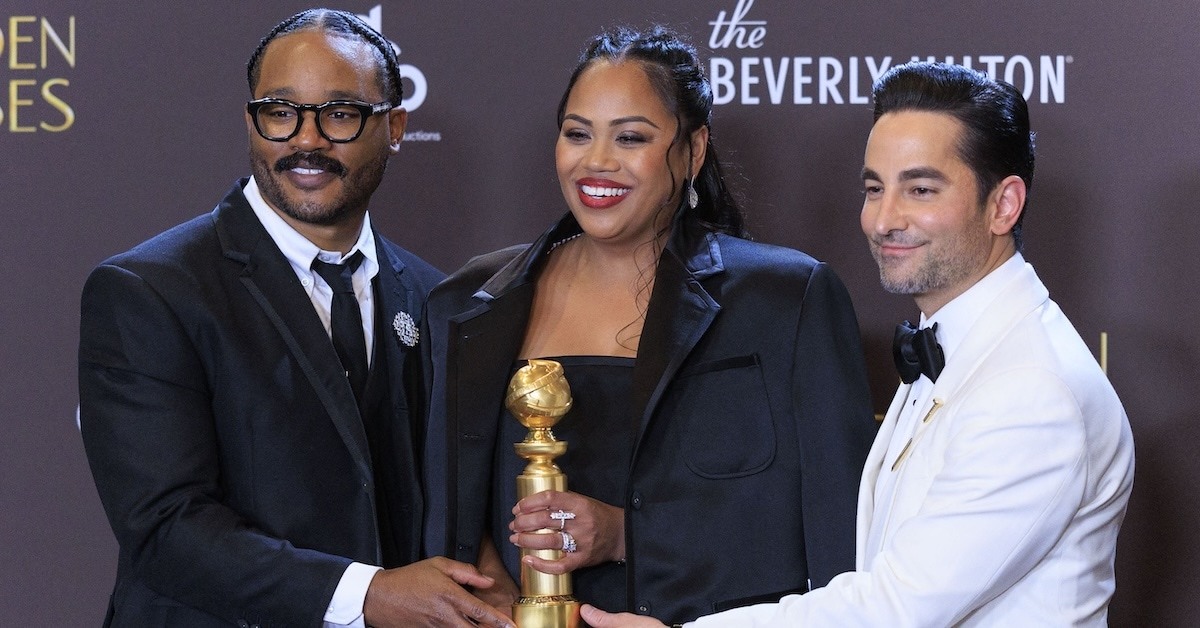BY: Denver Sean
Published 6 years ago

The descendants of two women who portrayed the Aunt Jemima character on food products are expressing concerns about the Quaker Oats’ recent decision to change the problematic imagery and brand name.
The concern is that their families’ history could be erased.
via NYDN:
Relatives of Lillian Richard and Anna Short Harrington, the two deceased women who were hired by the company to portray the character in the 1920s and 1930s, spoke out this week after PepsiCo’s Quaker Oats said the brand’s “origins are based on a racial stereotype.”
In recent weeks, the 100-year-plus old brand (mostly associated with pancake mix and syrup) has been under fire for being “racist” following the murder of George Floyd by Minneapolis police, which has led to a reckoning about racism in all areas of America.
The Aunt Jemima brand originally depicted a jovial black woman wearing kitchen maid attire and a bandanna commonly worn by slaves.
Inspired by a minstrel show character, the Aunt Jemima pancake brand debuted at Chicago’s World’s Fair in 1893. Nancy Green, a former slave from Kentucky, was hired to wear an apron and headscarf while serving pancakes to people who visited the event. A cook from the South Side, Green portrayed the Aunt Jemima character until her death in 1923.
Often equated with the mammy image, an Aunt Jemima-styled pancake flour mix sub-plot found itself in Fannie Hurst’s controversial 1933 novel and its film adaption, starring Claudette Colbert and Louise Beavers.
Through subsequent decades, the brand has experienced several makeovers. In the late 1980s, the image was slimmed down and her kerchief was ditched to make way for her black silky hair to put on display – along with pearl earings. In 1994, Grammy Award winning soul singer Gladys Knight found herself defending her Aunt Jemima endorsement deal.
But now it looks like the entire image may be jettisoned from altogether.
And that has been a cause of great concern to some Aunt Jemima models’ generational offspring.
“This is an injustice for me and my family. This is part of my history, sir,” Larnell Evans Sr., a great-grandson of Harrington, told Patch.com. “The racism they talk about, using images from slavery, that comes from the other side — white people. This company profits off images of our slavery. And their answer is to erase my great-grandmother’s history. A black female. … It hurts.”
According to Evans, Harrington began appearing on the company’s products after being discovered by Quaker Oats in 1935. He said she toured the country serving flapjacks while clad in the Aunt Jemima uniform.
“This woman served all those people, and it was after slavery,” he said. “She worked as Aunt Jemima. That was her job. … How do you think I feel as a black man sitting here telling you about my family history they’re trying to erase?”
In 2014, Evans tried to, albeit unsuccessfully, sue Quaker Oats for $3 billion, claiming the company used Harrington’s recipe for Aunt Jemima pancake mix and neglected to pay her descendants any royalties.
In the mid-1930s, Richard, of Hawkins, Texas native, also became an ambassador for the brand after being discovered by the company in nearby Dallas, according to her great-niece and family historian Vera Harris.
Though her relatives understand the company’s decision to rebrand, they are concerned about what it will mean for her legacy.
“We just don’t want my aunt’s legacy — what she did making an honest living at the time — to be wiped away,” she said. “Her story should not be erased from history.”
Historical documents obtained by the Harris family state that she reportedly worked for the company for roughly 23 years before passing away in 1965.
“If we wipe out our history, we have nothing to strive for in the future,” she added. “Our history will help us prosper in the future.”
The imagery associated for B&G Foods’ Cream of Wheat, Conagra Brands Inc.‘s Mrs. Butterworth, and Mars Inc’s Uncle Ben’s are also among the milieu where longtime, racially-charged images are being reconsidered.
Hopefully Quaker Oats will work with these ladies to come up with an ideal solution, however considering they were sued once before it’s unlikely.










